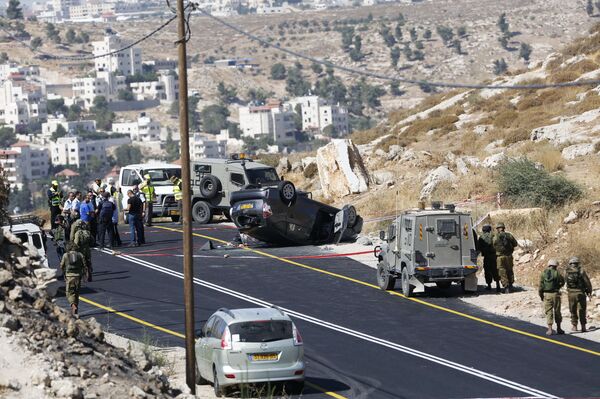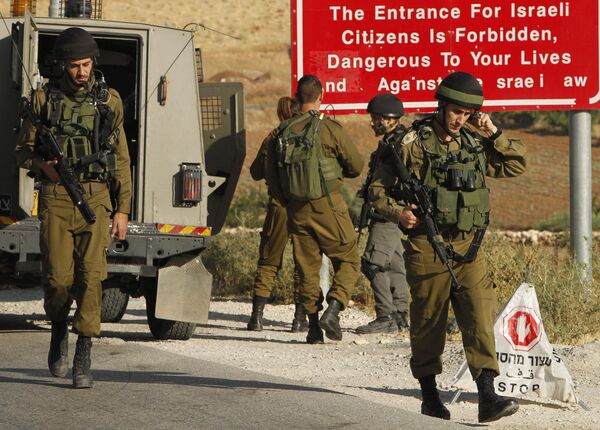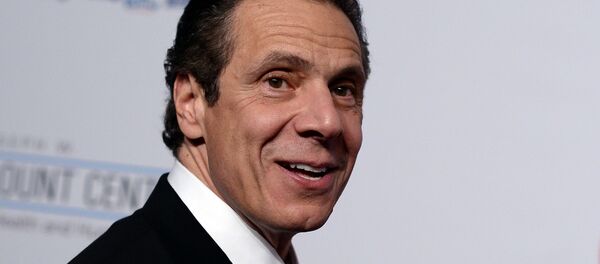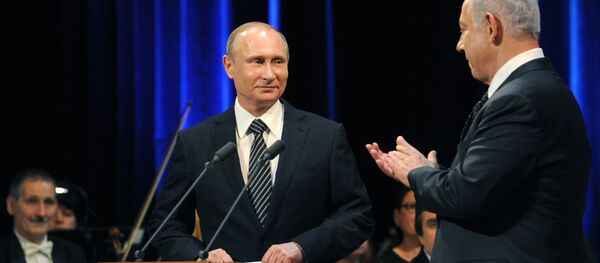The interview came after Israeli Public Security Minister Gilad Erdan accused Facebook and its chairman Mark Zuckerberg of partial responsibility for terrorist attacks against Israel.
"Social media do play a role in the incitement [of the Israeli-Palestinian conflict], which I think is part of the globalization and part of the digital age we all live in. I'm not sure that anything can really be done to prevent it," she said.
Separately, she hailed efforts by the Quartet on the Middle East to help defuse the Israeli-Palestinian conflict.

She stressed the importance of issuing the report, which specifically cited direct bilateral talks as the most effective way to resolve the conflict."The Quartet's recent report on the issue is a sign of international involvement and I do welcome the global community's willingness to intervene," she pointed out.
She voiced hope that "both sides will show the necessary restraint so as to de-escalate the situation and not to return to a level [reflecting] the 2014 tensions that were followed by Israel's Operation Protective Edge."
Her remarks came as Gilad Erdan said on Saturday that the social network Facebook had failed to block the posts inciting violence, and also sabotaged the work of Israeli police.

The Israeli Minister's statements came after two Israelis were killed in the West Bank in two separate attacks. Israeli officials, including Prime Minister Benjamin Netanyahu, have repeatedly called Facebook a tool used to encourage attacks against Israelis, while the social network dismissed the allegations.
At the same time, the Quartet noted that the recent terrorist attacks, including the Jerusalem bus bombing in April and the shooting in a Tel Aviv cafe in June, showed that the violence in the region shows no signs of abating.
The Middle East Quartet is comprised of Russian Foreign Minister Sergei Lavrov, US Secretary of State John Kerry, EU High Representative for Common Foreign and Security Policy Federica Mogherini, and UN Secretary-General Ban Ki-moon.



